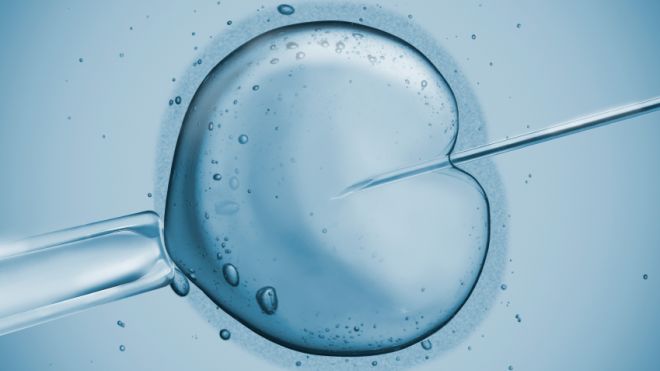Gardening, doing the housework or going for brisk walks can treble IVF success, according to researchers. Women who led active lifestyles in the year leading up to their treatment were far more likely to conceive. Scientists have been divided about whether exercise helps or hinders the chances of pregnancy, either naturally or with IVF.
While some studies have found that physical activity reduces fertility, others have found it improves it – or makes no difference.
Now scientists have found that women who do the housework, go for brisk walks or take other ‘moderate’ forms of exercise are three times more likely to conceive than those who spend most of the day sitting down.
The lifestyles of 87 women undergoing IVF were compared in the year leading up to their treatment. Read full article.
